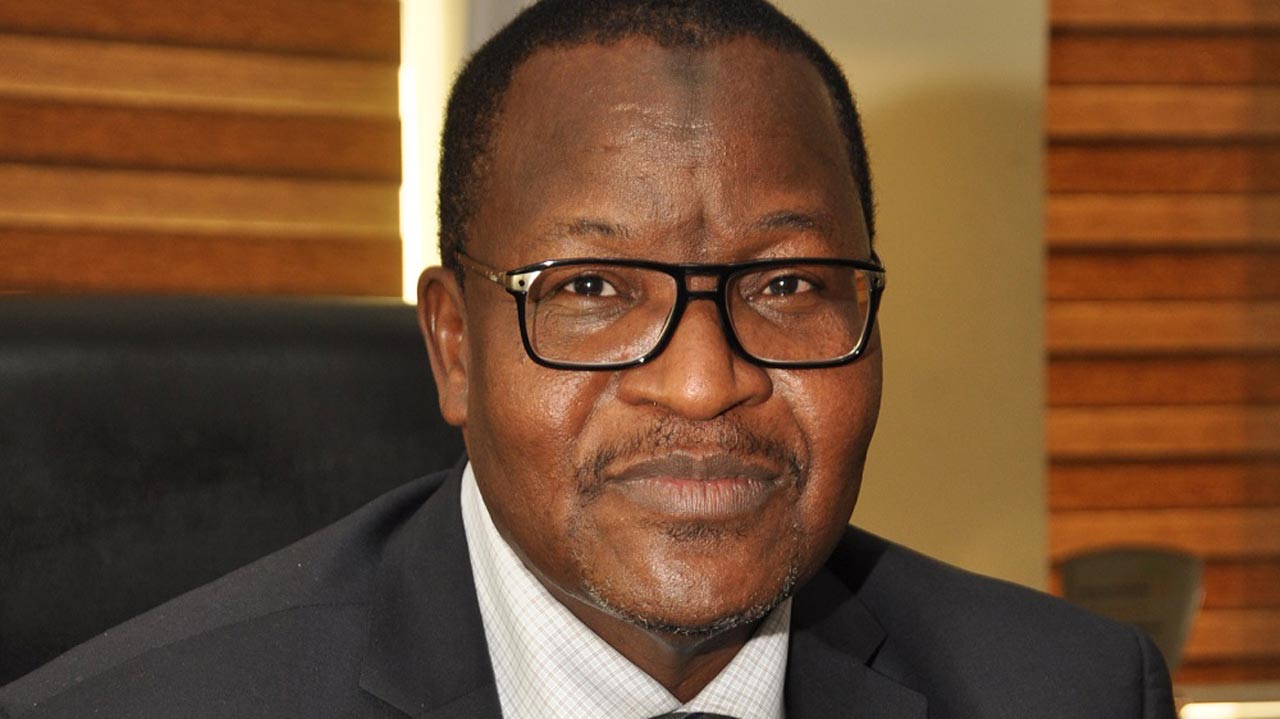Prof. Umar Danbatta, Executive Vice Chairman of the Nigerian Communications Commission has announced that the commission is working on regulations that will enable telecommunication operators lease spectrum to one another.
Punch reports that Danbatta who was represented by the NCC’s Lagos Zonal Coordinator, Henry Ojiokpota, at the Demo Launch of 5G Network in Lagos stated that if this regulation is implemented, the challenges of unavailable spectrum in the country will be reduced.
The NCC Boss made known that the spectrum sharing regulations is at the draft stage. He emphasized the fact that it will drive competition in the utilisation of 5G in Internet of Things and smart cities among others.
“The NCC is looking at rolling out infrastructure sharing regulations, which is still at the draft stage. We believe such regulations will be able to resolve the issues of the spectrum and help operators to lease spectrum to one another and move the telecom industry forward,” Danbatta said.
Speaking further, Danbatta said that consultation was still in process with the National Assembly regarding the national infrastructure bill and that immediately the bill is signed into law the telecom infrastructure would be protected adequately across the country.
“We will continue to consult with the National Assembly on the national infrastructure bill and it is in the final stage. Hopefully, when it is signed, and it becomes active, the infrastructure will be protected,” he said.
On the 5G Network: The NCC seemed to be happy about the Demo Launch of 5G Network by MTN Nigeria as the spokesperson noted that 5G is the key to the future that would support significantly faster mobile broadband speeds, which is one of the commission’s agenda.
Nairametrics had reported when MTN Nigeria demonstrated a live demo of 5G network in Nigeria at an event that took place in Abuja. The launch of the 5G network is in line with the telco’s decision to roll out 5G in other major cities in Nigeria before 2020.
Source: Nairametrics












